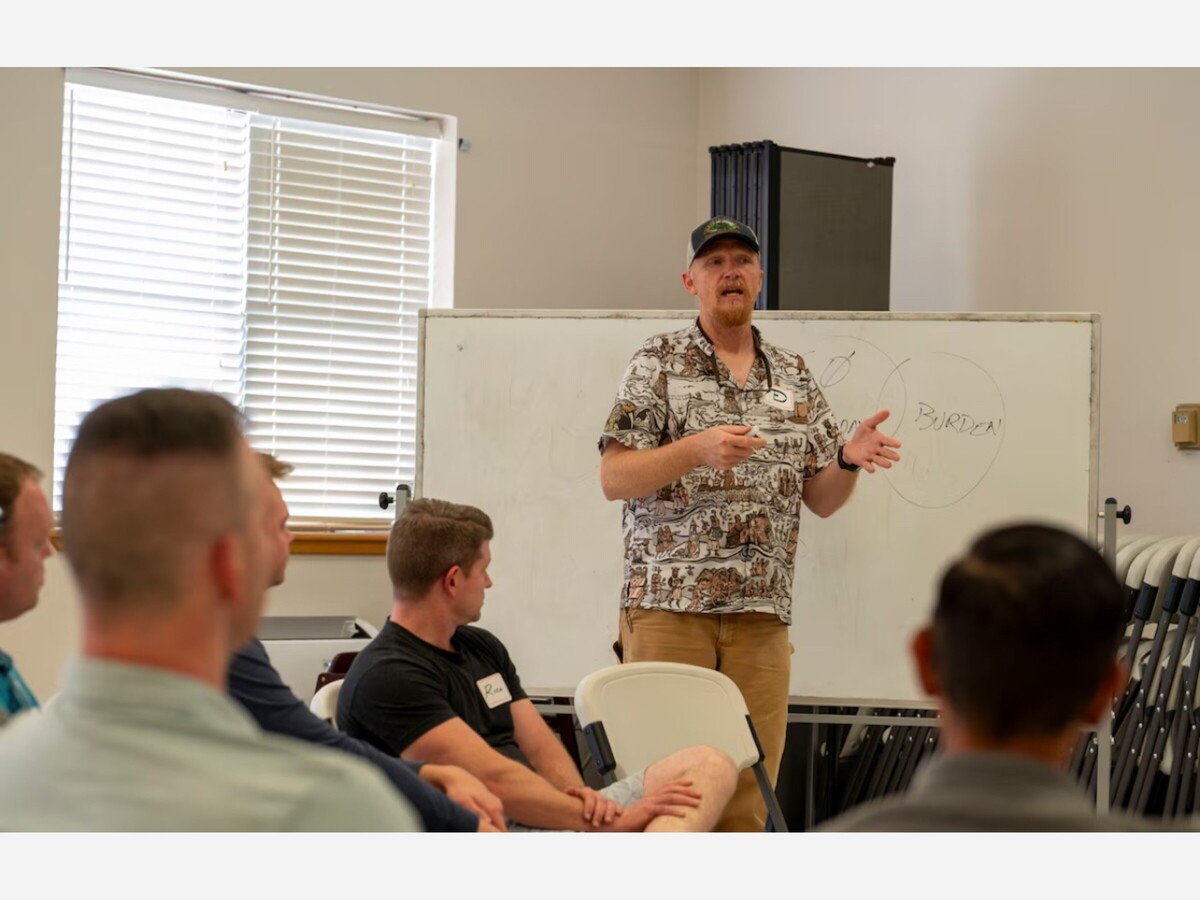Image


In the fast-paced military environment, recognizing when someone is silently struggling can mean the difference between life and death. That’s where the Applied Suicide Intervention Skills Training or A.S.I.S.T. program comes in.
Developed in 1983 by LivingWorks, this two-day course equips caregivers with the tools to step in and provide life-saving support when someone is at risk of suicide.
“A.S.I.S.T. isn’t just about recognizing the signs,” said U.S. Air Force Master Sgt. Elisa Panek, U.S. Air Force Academy religious affairs superintendent. “It’s about stepping in at the right moment, connecting with that person, and helping them find a way forward.”
The A.S.I.S.T. program focuses on practical intervention techniques, giving participants the confidence to engage with individuals in crisis. It uses the P.A.L. or Pathway for Assisting Life model, which guides caregivers through three phases: Connecting with Suicide, Understanding Choices, and Assisting Life.
“One of the most critical parts of the training is the ‘Understanding Choices’ phase,” Panek explained. “It’s here that you hear the person’s story, the events, feelings, and struggles that led them to where they are, and this is where trust is built.”
The A.S.I.S.T. program focuses on listening and connection to help caregivers understand a person’s unique circumstances. This helps them create a safe space where the person feels supported and open to conversation.
“For a lot of people, directly asking ‘Are you thinking about suicide?’ can be hard to say out loud,” said Panek. “But it’s a critical part of the process. The program teaches you how to ask that question in a way that opens the conversation rather than shutting it down.”
The program provides a safety net for Airmen and service members at Holloman Air Force Base, with classes eventually being routinely held to provide personnel with the vital knowledge the program has to offer.
“A.S.I.S.T. helps us take care of our own,” Panek emphasized. “In the military, we’re all about supporting each other, especially regarding mental health. This program gives us the skills to do that effectively.”
Participants receive workbooks and a quick-reference toolkit and are encouraged to stay connected with their trainers for continued support.
The program adapts to different audiences, such as military personnel, healthcare workers, and whether military personnel, healthcare workers, or first responders. At Holloman AFB, this flexibility ensures that Airmen and their families receive relevant, impactful training.
“This class was the first of many to come,” said Ted Brinegar, 49th Wing integrated prevention chief. “We are looking for people from across the installation and Alamogordo community who want to get better at helping people find their way through the challenges to the turning point that helps them move forward.”
What sets A.S.I.S.T. apart from other suicide prevention programs is its hands-on approach. It teaches participants how to talk openly about suicide and work with the individual to create a safety plan.
“A.S.I.S.T. doesn’t just help people talk about suicide—it helps them find a reason to live, even if it’s just for the moment,” Panek said. “It’s about creating a safety plan and helping that person stay connected to life, even when things feel overwhelming.”
Guest content by Senior Airman Isaiah Pedrazzini, 49th Wing Public Affairs, Holloman AFB